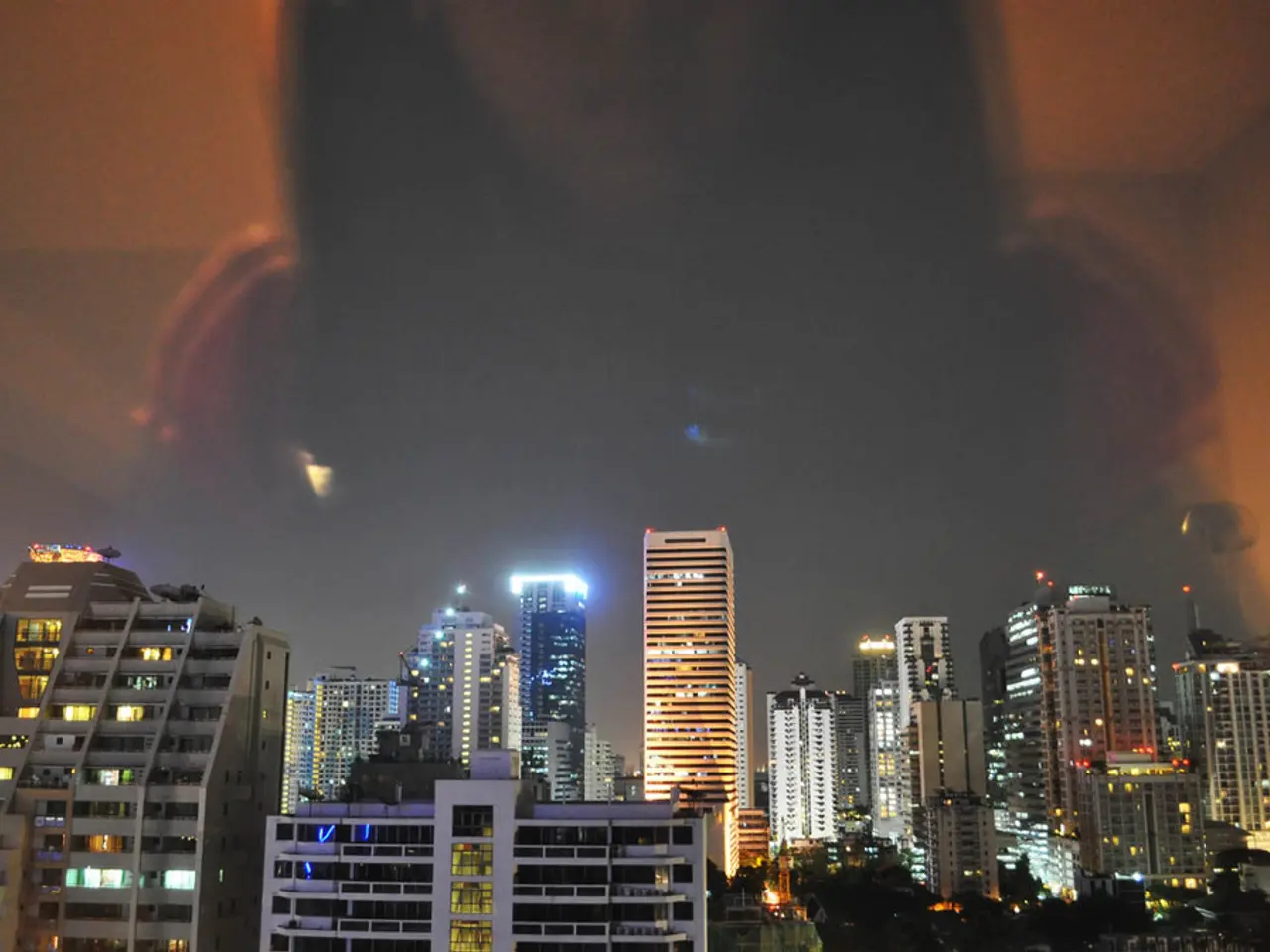Unleashing dormant power sources: Giant energy reserves need to be activated
In an effort to combat climate change, the German government has unveiled plans to gradually equip every building with solar panels, adhering to the solar standard. This move is part of a broader strategy to reduce greenhouse gas emissions, particularly in the building sector, which accounts for about 30% of emissions.
The building sector, alongside traffic and industry, is crucial for achieving Germany's climate protection goals. Recognizing this, the federal government plans to continue funding for building renovation and heating, although the details are yet to be revealed.
One of the key initiatives in this push for green buildings is the introduction of "tenant electricity." This option allows tenants to obtain cheaper energy, as their landlords generate electricity using solar panels installed on the building's roof. The electricity tariff must be at least 10% cheaper than the basic tariff for the operator to be exempt from grid fees and other charges.
The German Tenants' Association has been advocating for this third model for years, as it aims to address the "landlord-tenant dilemma." This dilemma arises from the modernization surcharge, which allows owners to pass on the costs of renovations to the rent, potentially minimizing tenants' benefits from energy savings.
In a significant step towards tenant empowerment, the Community Building Supply will be available in 2024. This initiative allows owners and residents to join together for electricity production, further promoting the use of renewable energy.
The success of this approach is not just theoretical. In Berlin's Friedrichshain-Kreuzberg district, a tenants' council, founded by the tenant association "Kiezliga" since 1994, has been actively working towards sustainable living.
A study commissioned by WWF from the Fraunhofer Institute supports the benefits of these initiatives. It suggests that both "tenant electricity" and the Community Building Supply, combined with the solar standard, are advantageous for tenants, landlords, and the climate.
However, some tenants' associations believe that the third model does not go far enough and demand that the landlord side should bear a larger share of the costs. Despite this, smaller private landlords are open to discussion and see the advantage of climate-friendly renovations.
To reach the climate goals by 2045, the renovation rate in the building sector would need to be doubled. This underscores the importance of initiatives like the third model and Community Building Supply in promoting sustainable living and reducing Germany's carbon footprint.
Despite fears of energy renovations, particularly among tenants living in apartments of the lowest energy classes, these improvements could potentially offer a higher level of comfort and reduced risks of mold.
However, the electricity tax law, decided by the federal government this week, has faced criticism as it mainly benefits industry and agriculture. This highlights the need for a balanced approach in promoting renewable energy and reducing emissions across all sectors.
Read also:
- Understanding Hemorrhagic Gastroenteritis: Key Facts
- Stopping Osteoporosis Treatment: Timeline Considerations
- Tobacco industry's suggested changes on a legislative modification are disregarded by health journalists
- Expanded Community Health Involvement by CK Birla Hospitals, Jaipur, Maintained Through Consistent Outreach Programs Across Rajasthan








